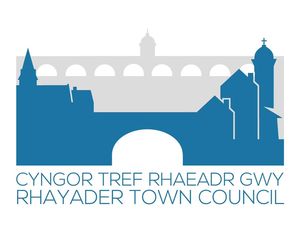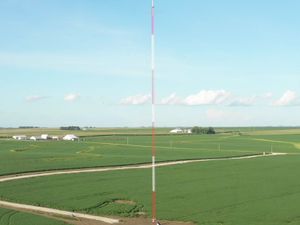Sale of illegal wildlife products: The 10 most traded species
These species are facing the risk of extinction as a result of illicit trading.
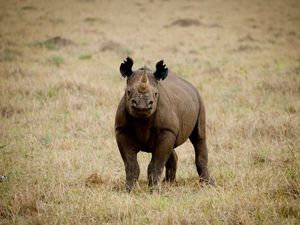
A report by WWF has warned huge volumes of endangered wildlife products are being traded illegally in South East Asia’s Golden Triangle as traditional medicine ingredients – to treat a range of ailments from asthma to arthritis and even cancer.
Here are the 10 most-traded endangered species facing the risk of extinction as a result of the illicit trading, according to the conservation charity.
Pangolin
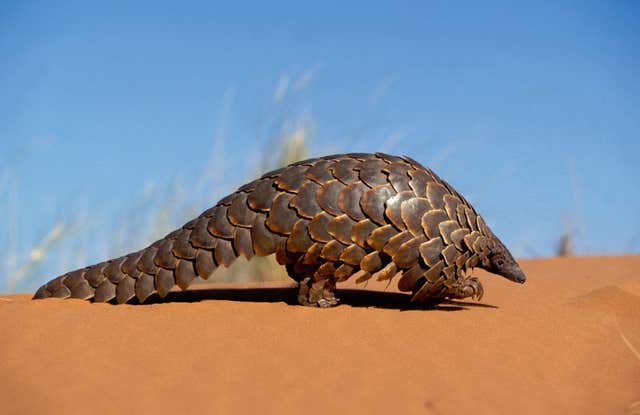
Pangolin meat is considered a delicacy in China and Vietnam and its scales are used in folk remedies to treat ailments such as asthma, rheumatism and arthritis.
Tiger
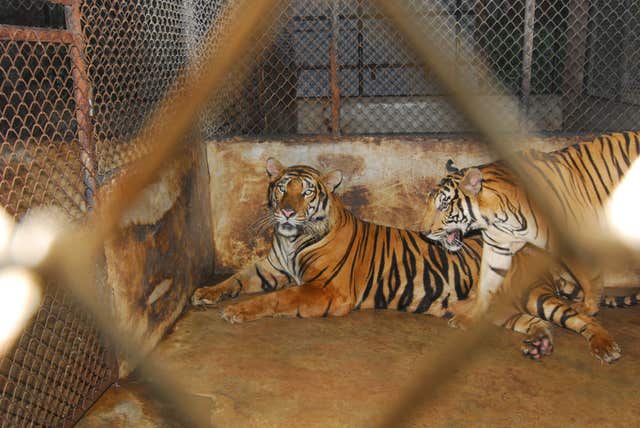
Burma’s Mong La market is especially notorious for tiger trade, where tourists flock to buy traditional medicines with unproven benefits.
Elephants
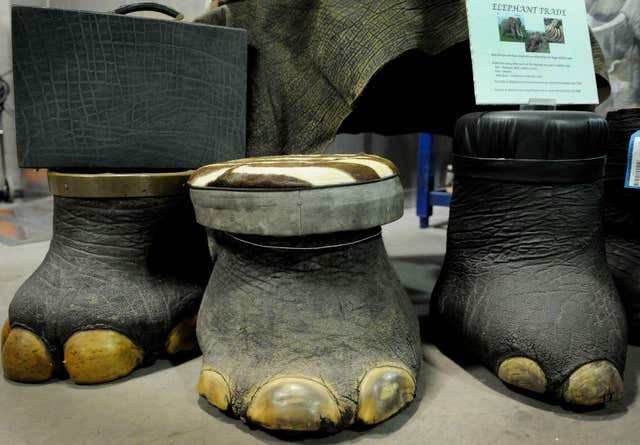
Almost every part of an elephant has been found for sale in the Golden Triangle markets, including teeth, hair, bones, tails and trunks.
Bears
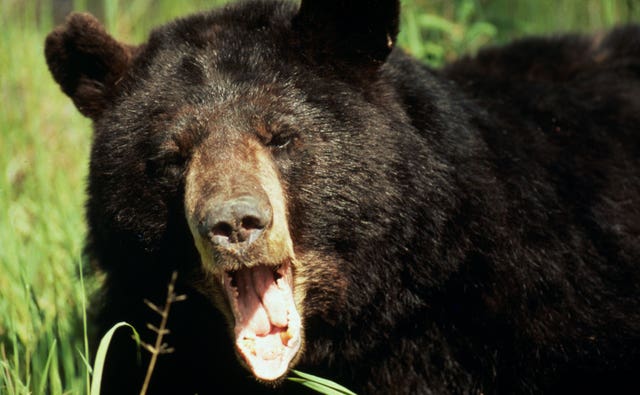
Sun bears and Asiatic black bears – mostly captured in the wild – are kept in tiny cages on bear farms. Both are listed in Appendix I of the Convention on International Trade in Endangered Species of Wild Fauna and Flora (CITES), which prohibits international commercial trade in the species, their parts and derivatives.
Helmeted Hornbills
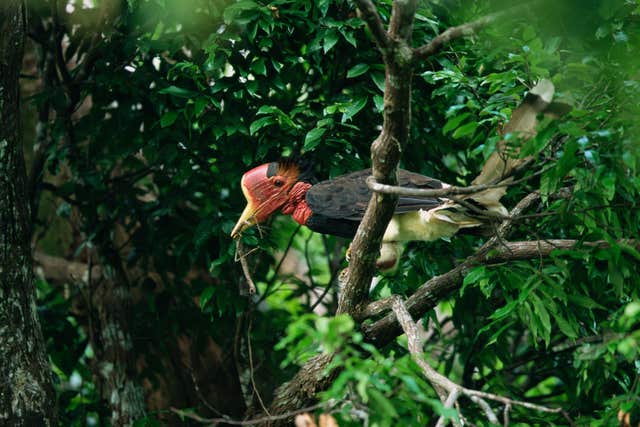
Listed as critically endangered on the International Union for Conservation of Nature’s (IUCN) Red List, conservationists fear this species may disappear from other parts of their range after populations in Sumatra were wiped out due to the demand for casques.
Rhinos
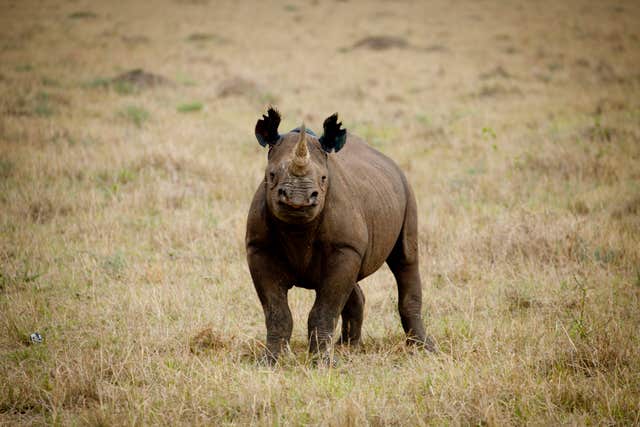
Powdered horn is used in traditional Asian medicine as an unproven treatment for a range of illnesses, from hangovers to fevers and even cancer. In places like Vietnam, the rhino horn is seen as a symbol of wealth.
Serow

Serow horns, skulls, forelegs, heads, gallbladders and medicinal oil are reportedly being sold in nine different market areas in the Golden Triangle, in both individual stores and out in the open.
Leopards
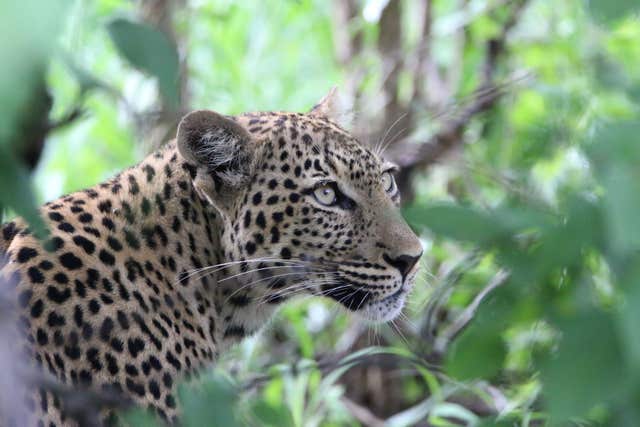
Products derived from leopards – including whole skins, pieces of skin and skulls – are openly for sale in the markets of the Golden Triangle.
Gaur
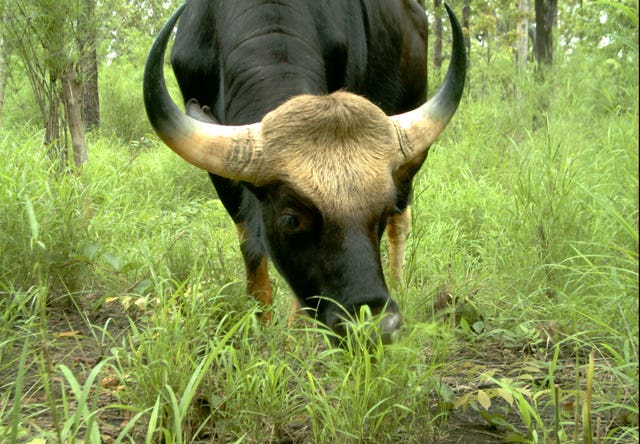
Turtles
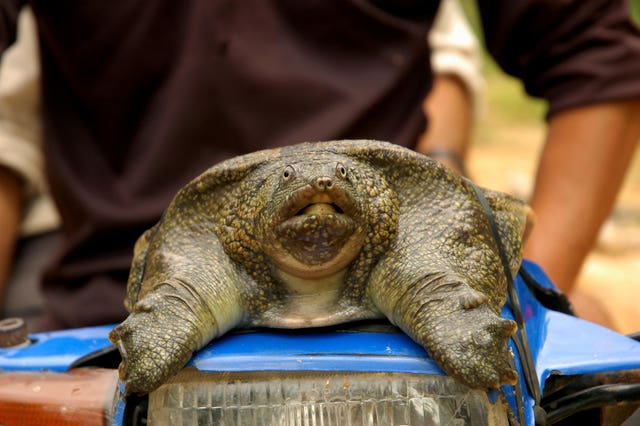
Several varieties, including Asian box turtles and softshell turtles, are traded as live animals to eventually be consumed as meat.

